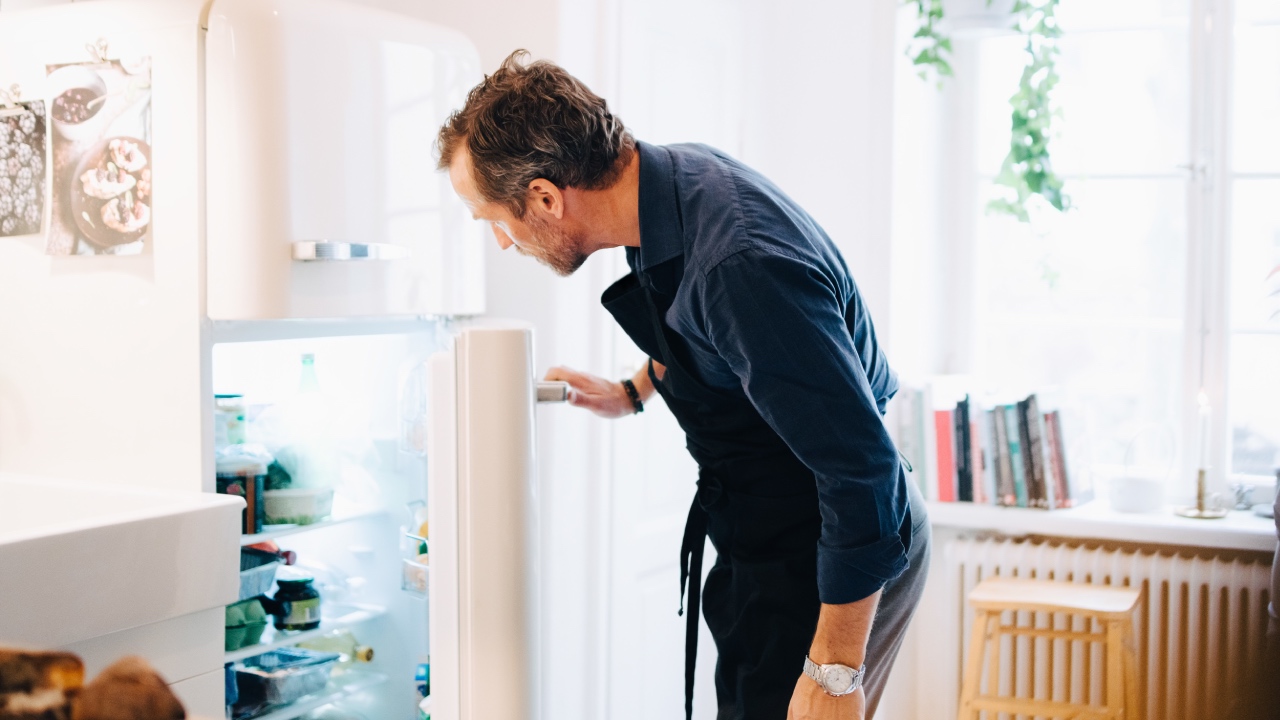Home & Garden
Tips to save energy in the kitchen

One room in the house where big energy savings can be made easily is perhaps the least expected: the kitchen. Here’s what to do to cut down on those power bills.
Refrigerator
- Ensure door seals are working effectively by placing a piece of paper between the seal and door. If the paper moves in and out, your seal isn’t doing its jobs. Adjust the door or replace seals.
- Defrost fridge and freezer regularly. Frost build up should never be more than half a centimetre.
- Refrigerators work most effectively if they are mostly full. Make sure there’s enough room between foods for air to circulate.
- Don't keep your refrigerator or freezer too cold. The recommended temperatures are between 0°C to 4°C for fresh food, close to -18°C for the freezer and close to 0°C for the chiller compartment.
- Know the contents of your fridge so you don’t spend unnecessary time with the fridge door wide open. It’s drilled into you when you’re kids but it’s always worth remembering: the less you open the door, the less electricity is used.
- If you are going on holidays for an extended period of time, it may be worth turning off you refrigerator.
New York City mocked for only just discovering wheelie bins
Oven, rangehood and cooktops
- Clean door seals regularly and check for signs of wear. Replace flat or split door seals.
- Regularly clean surfaces for full heating benefits.
- Turn off the rangehood lights when not needed and use exhaust fan on the lowest speed.
Dishwasher
- Most of the energy used by a dishwasher is for water heating. Check the manual to see if your dishwasher has internal heating elements that will allow you to set the water heater to a lower temperature.
- Only run dishwashers when full but not overloaded.
- Scrape, don’t rinse, leftover food on your plates.
Other
- Small appliances like electric kettles, toasters and grills generally provide better value than using the stove or oven.
- Place the faucet level on the kitchen sinks on cold. Placing the tap on hot position draws hot water even though you are not using it.
Image credits: Getty Images
Plastic Free July is a waste of time if the onus is only on consumers


